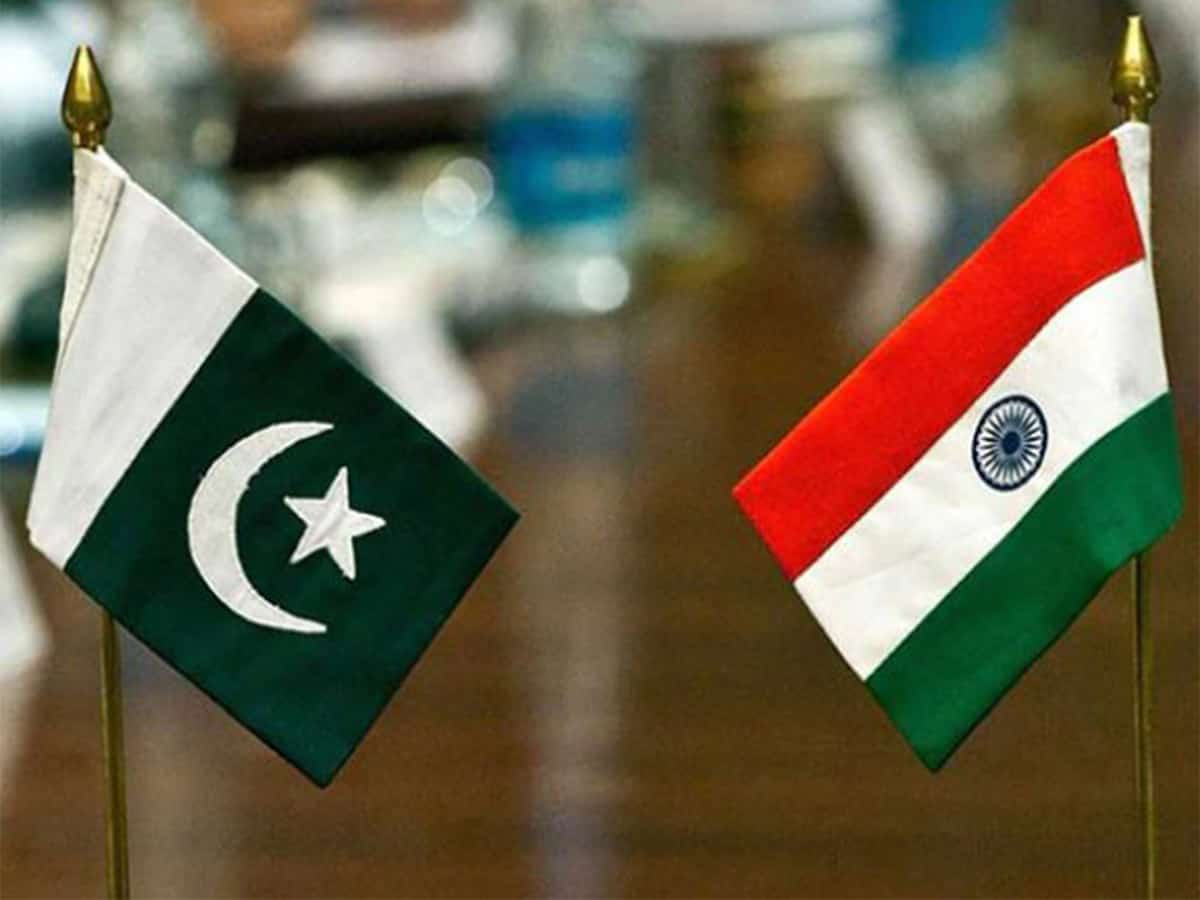
Islamabad: Pakistan has expressed the hope that India would implement the Indus Waters Treaty in “good faith” after New Delhi on Thursday said it cannot be compelled to participate in “illegal” proceedings at the Permanent Court of Arbitration over the Kishenganga and Ratle hydropower projects in Kashmir.
India’s response came after the Hague-based tribunal ruled that it has the “competence” to consider the dispute between New Delhi and Islamabad on the matter.
India has been maintaining that it will not join the Pakistan-initiated proceedings at the Permanent Court of Arbitration as the dispute is being already examined by a neutral expert under the framework of the Indus Waters Treaty.
“India cannot be compelled to recognise or participate in illegal and parallel proceedings not envisaged by the treaty,” External Affairs Ministry spokesperson Arindam Bagchi said in New Delhi.
In January, India issued a notice to Pakistan seeking a review and modification of the Indus Waters Treaty in view of Islamabad’s “intransigence” to comply with the dispute redressal mechanism of the pact.
The pact, brokered by the World Bank, was inked in 1960 for matters relating to cross-border rivers.
In Islamabad, the Foreign Office said the Permanent Court of Arbitration has “upheld its competence and determined that it will now move forward to address the issues in dispute.”
It said the Indus Waters Treaty is a foundational agreement between Pakistan and India on water sharing, and Islamabad remains fully committed to the treaty’s implementation, including its dispute settlement mechanism.
“We hope that India would also implement the Treaty in good faith,” the Foreign Office said in a statement.
India considers that the start of the two concurrent processes to resolve the dispute violates the provision of the three-step graded mechanism prescribed in the pact.
Bagchi said India’s consistent and principled position has been that the constitution of the so-called Court of Arbitration is in contravention of the provisions of the Indus Waters Treaty.
He said India has been participating in the “treaty-consistent” neutral expert proceedings.
The last meeting of the neutral expert took place at the Hague on February 27 and 28. The next meeting is scheduled to be held in September.
The World Bank is also a signatory to the Indus Water Treaty.

